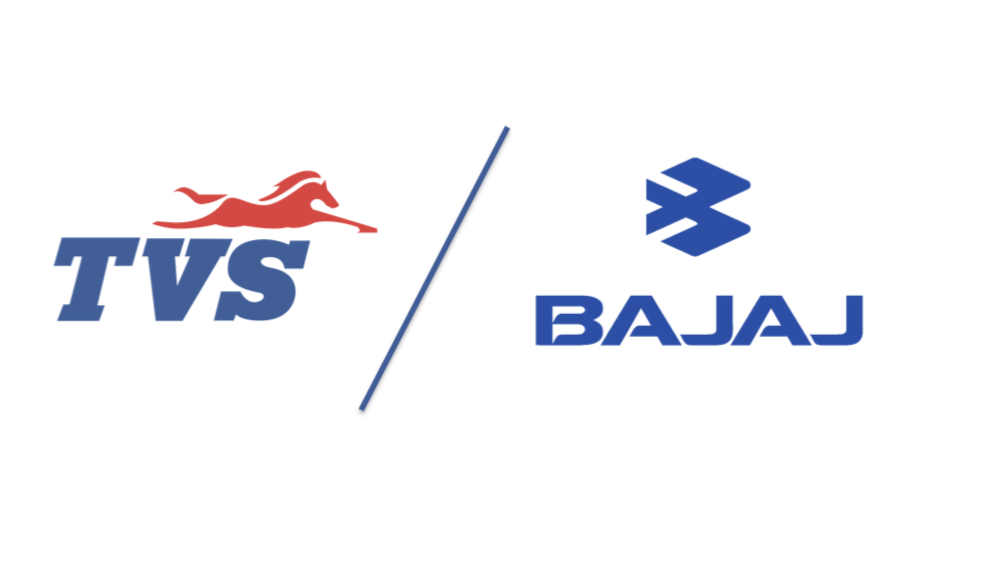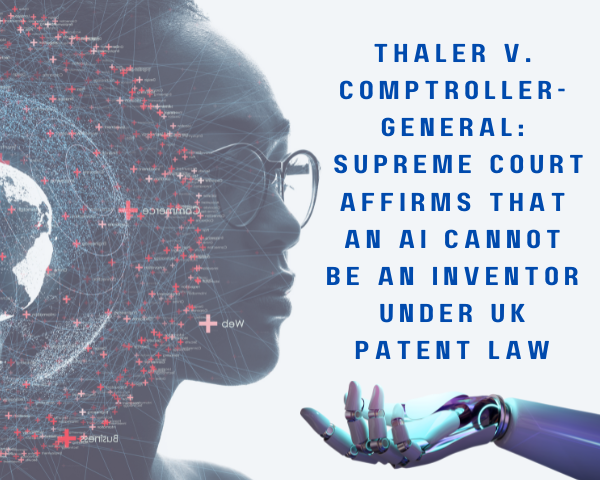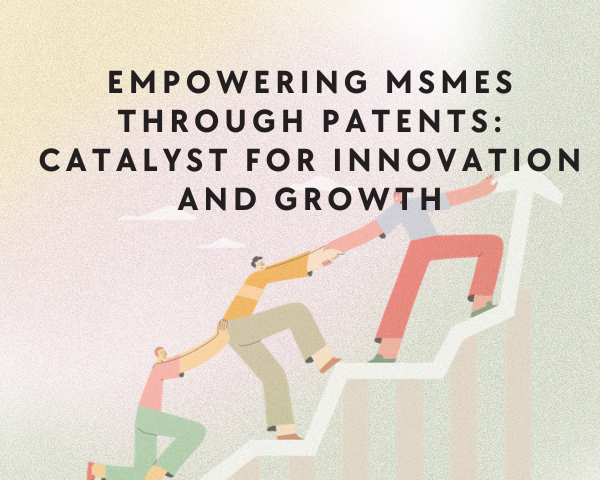Bajaj v. TVS Motors involves the issue of patent infringement by the defendant TVS motors and the controversy regarding the threat issued by the defendant. The case was filled in the Madras High Court in 2007.
Facts of the Case
Bajaj developed DTS-i technology as a solution, as the higher rpm single spark plug was insufficient to burn the whole fuel. It relates to the use of twin spark plugs for efficient combustion of the lean air-fuel mixture in small bore ranging from 45 mm to 70 mm internal combustion engine working on 4 stroke principle. It qualified the test of novelty, non-obvious and industrial application. Therefore, Bajaj Auto limited was granted the patent on the Digital Twin Spark Ignition (DT–i) technology in 2002 by the Patent Office.
TVS Motors in 2007 launched 125 CC TVS Flame, which had a Controlled Combustion Variable timing intelligent (CC-VTi) Technology, which had a lean-burn internal combustion engine having a twin spark plug configuration, which the Bajaj Auto Ltd. Claimed to be infringing its patent. Hence, Bajaj Auto Limited filed a suit for patent infringement against TVS Motors in Madras High Court. The plaintiffs sought for permanent injunction as the remedy and prohibiting the defendants from using the technology as mentioned in the plaintiff’s patents; and prohibiting them from marketing, selling or exporting 2/3 wheelers (including the proposed 125cc TVS FLAME motorcycle) that have the disputed internal combustion engine or product that infringes the patent. They also claimed damages for infringement of their patent.
Subsequently, the TVS Motors filed an application against Bajaj claiming that the statement made by the applicant constituted a groundless threat.
In their suit, the plaintiff Bajaj Auto Limited contended that the patent grant was valid and subsisting. The company had been using the technology since 2003 and steadily increasing its sales. Grant of injunction is essential to protect the statutory right of monopoly conferred by the virtue of the patent. The use of the patented technology of plaintiffs by the respondent would severely prejudice the statutory right and would be damaging the reputation and goodwill of the plaintiffs.
The respondent contended that the applicant was unjustifiably threatened and the two technologies were different from each other. Further, the respondent had already filed for the revocation of the plaintiff’s patent and hence there is no infringement. The plaintiff replied that the application of revocation was filed 6 days before the announcement of the introduction of the motorcycle 125 CC Flame. They did not oppose the patent before or after the grant in a reasonable time, which shows an ulterior motive by the respondent.
Judgment
The single judge relied upon the principles in granting an interlocutory injunction, including any patent action. It was found that the product has found a special place in the market and the patent is being used by Bajaj since 2003. Hence, Bajaj was given patent right as it was manufacturing the product for 5 years. Hence an interim order was passed in the favor of the plaintiff that restrained the respondent from infringing with the plaintiff’s patent.
This interim order was challenged before the divisional bench of the Madras High Court. Finally, an appeal was filed before the Hon’ble Supreme court where the court criticized the pendency of matters in regards to intellectual property rights. It further stated that the permanent injunction was pending and hence, directed the sole judge to decide the same. TVS Motors was allowed to sell its bikes provided that they keep a proper record of all sales in India and Export. A receiver was appointed to maintain the book of profit.
This decade long dispute between Bajaj Auto and TVS Motors finally came to an end. On 31st October 2019, both the parties stated that they have mutually agreed to withdraw the Pending Proceedings and release each other from all liabilities, claims, demands, and actions in respect of the pending proceedings. None of them are required to pay any compensation or penalty to the other.
Conclusion
This is a landmark case as the Hon’ble Supreme Court passed guidelines with regards to commencement of the suit. The hearing should be conducted on a day-to-day basis and only when there are justifiable unforeseen situations, an adjournment can be granted. The Supreme Court directed that the timeline stipulated above be adhered to “punctually and faithfully” by all courts and tribunals in the country.




